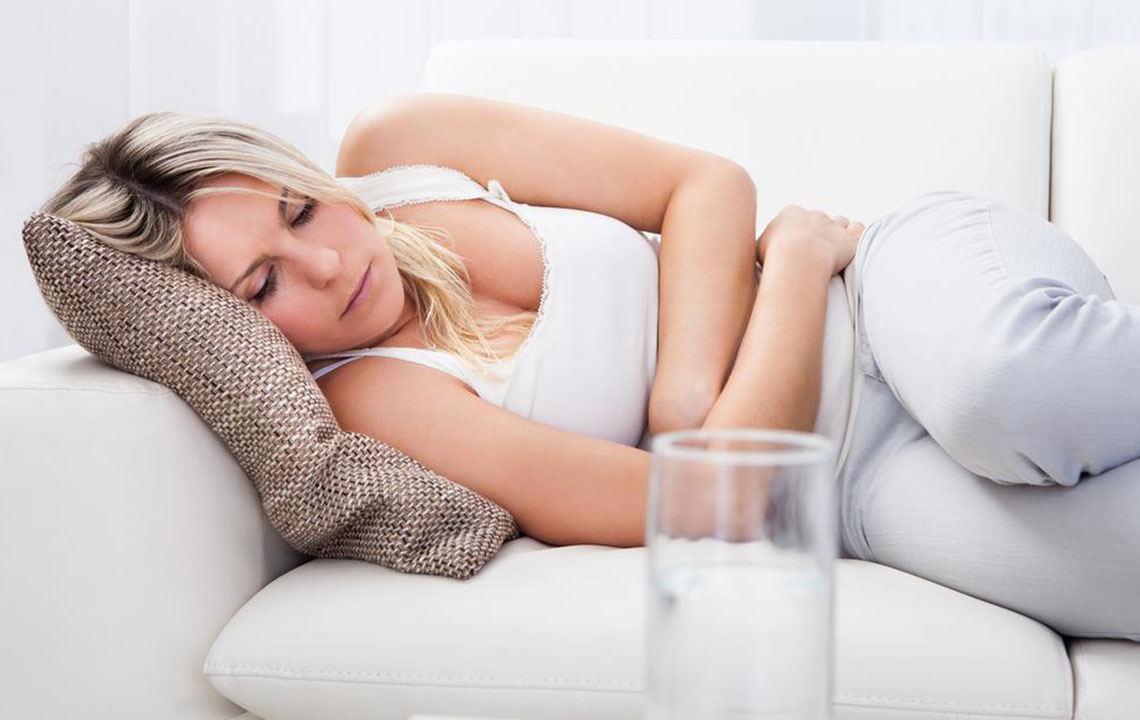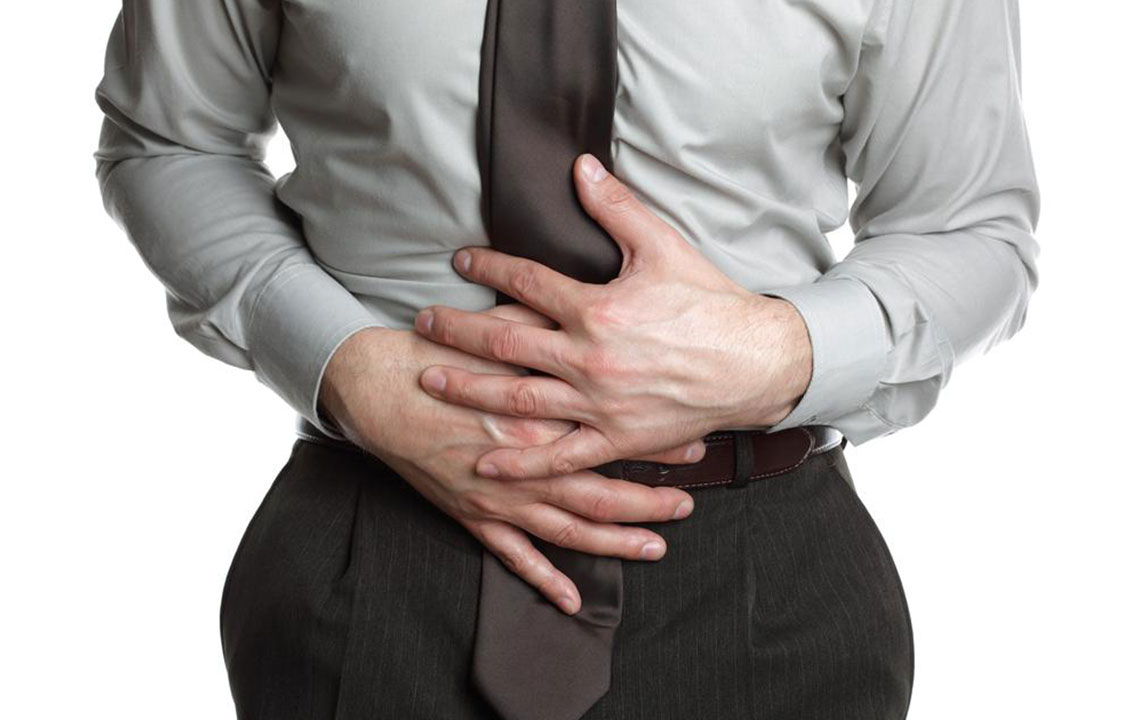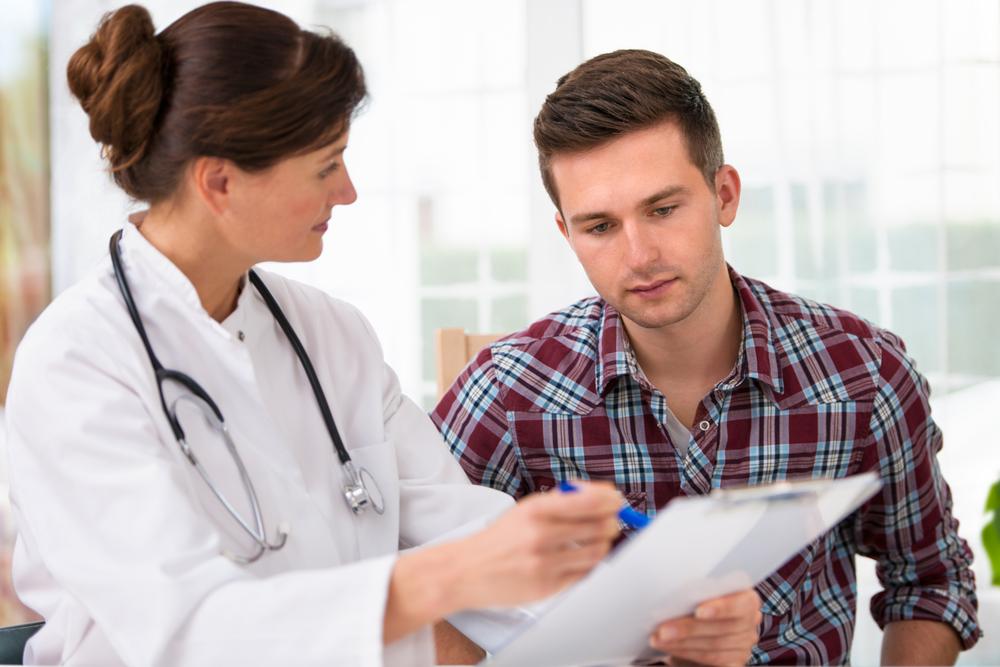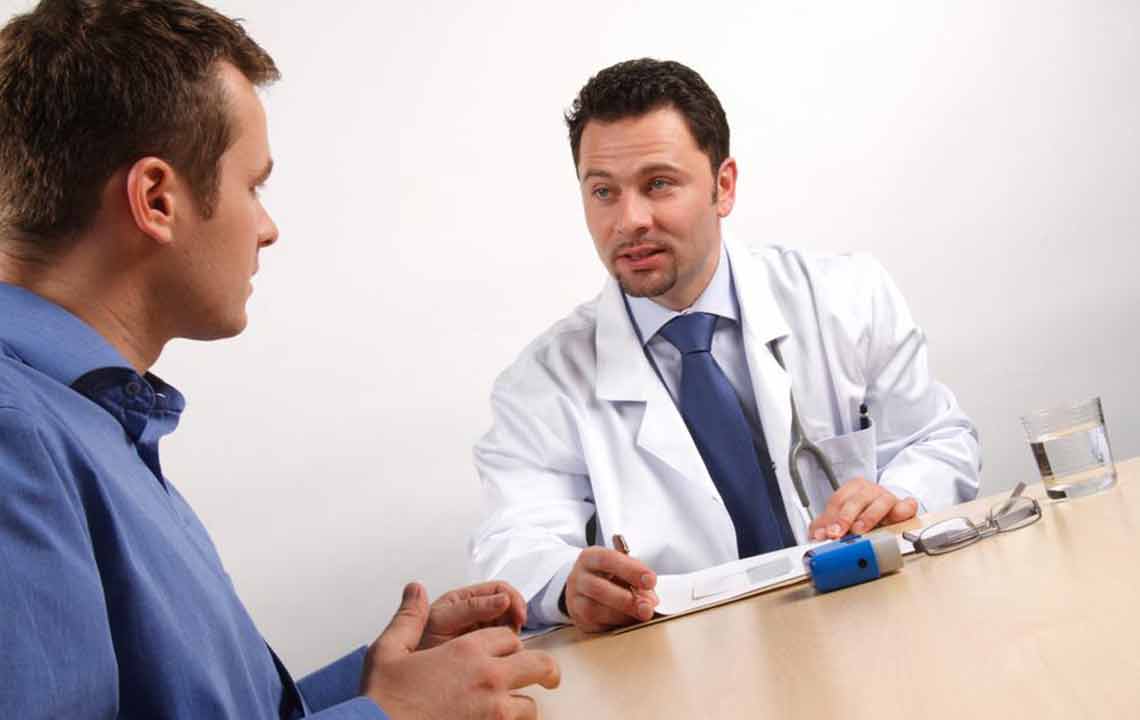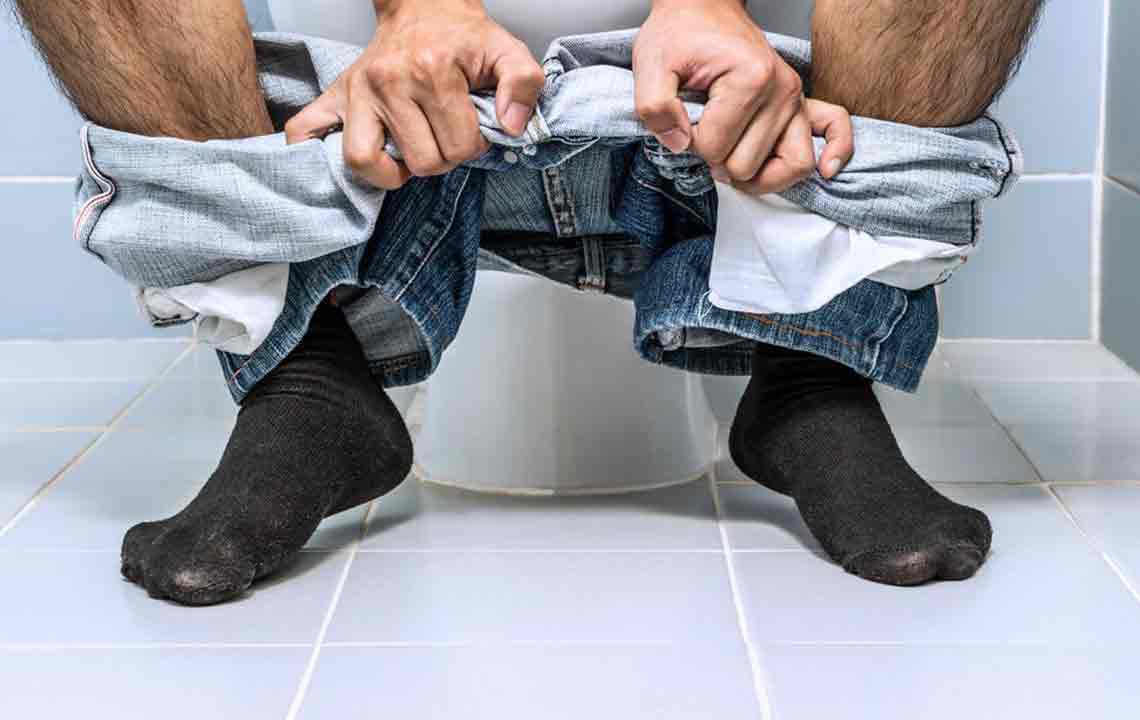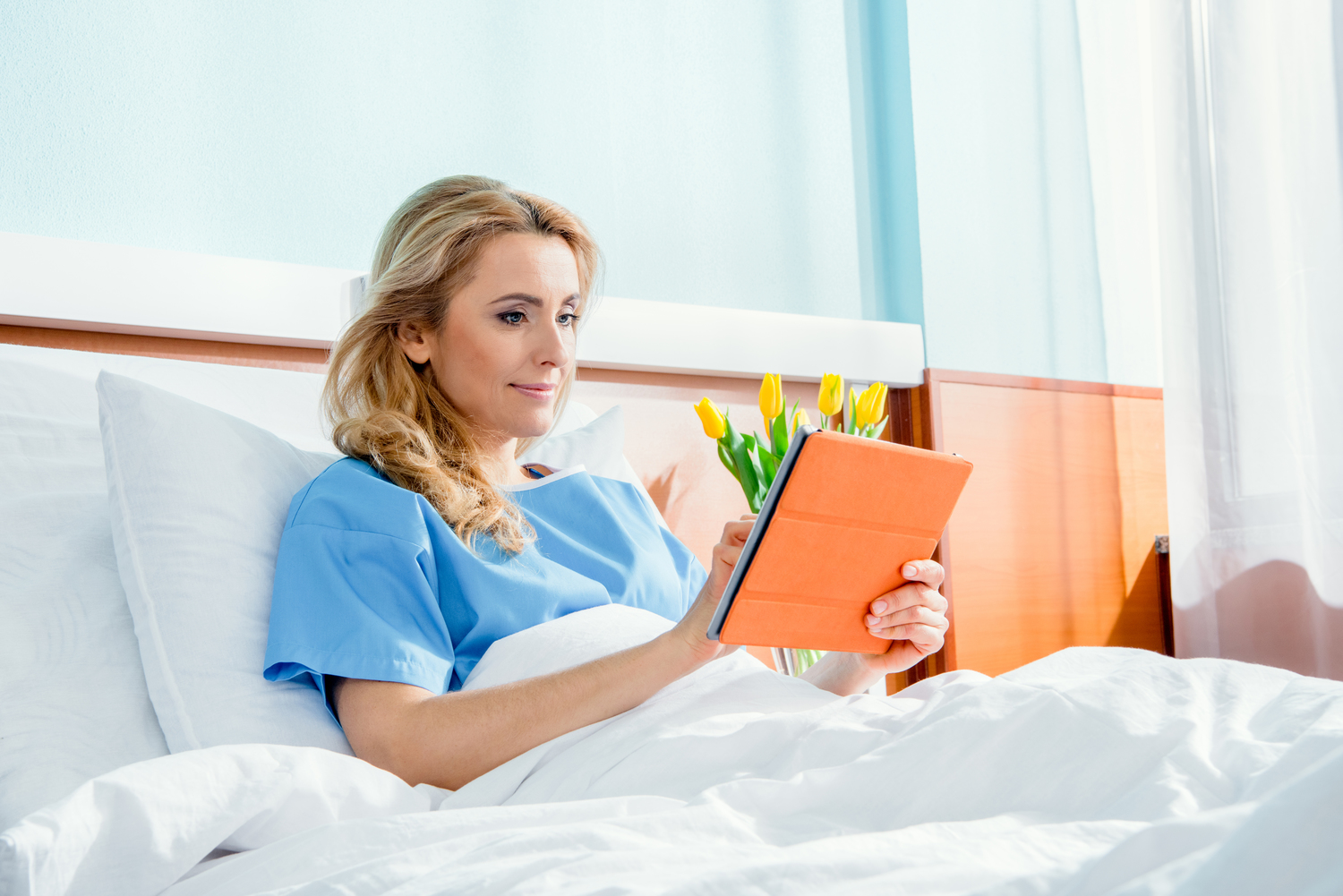Comprehensive Guide to Managing External Hemorrhoids and Achieving Relief
This comprehensive guide explores effective strategies to manage external hemorrhoids, including lifestyle changes, home remedies, medications, and when to seek medical care. By understanding symptoms and implementing proper care methods, individuals can find relief and improve their quality of life. The article emphasizes the importance of dietary adjustments, safe use of topical treatments, and consulting healthcare professionals for persistent issues. Whether dealing with mild discomfort or preparing for potential medical procedures, this detailed overview equips readers with knowledge to handle external hemorrhoids effectively.
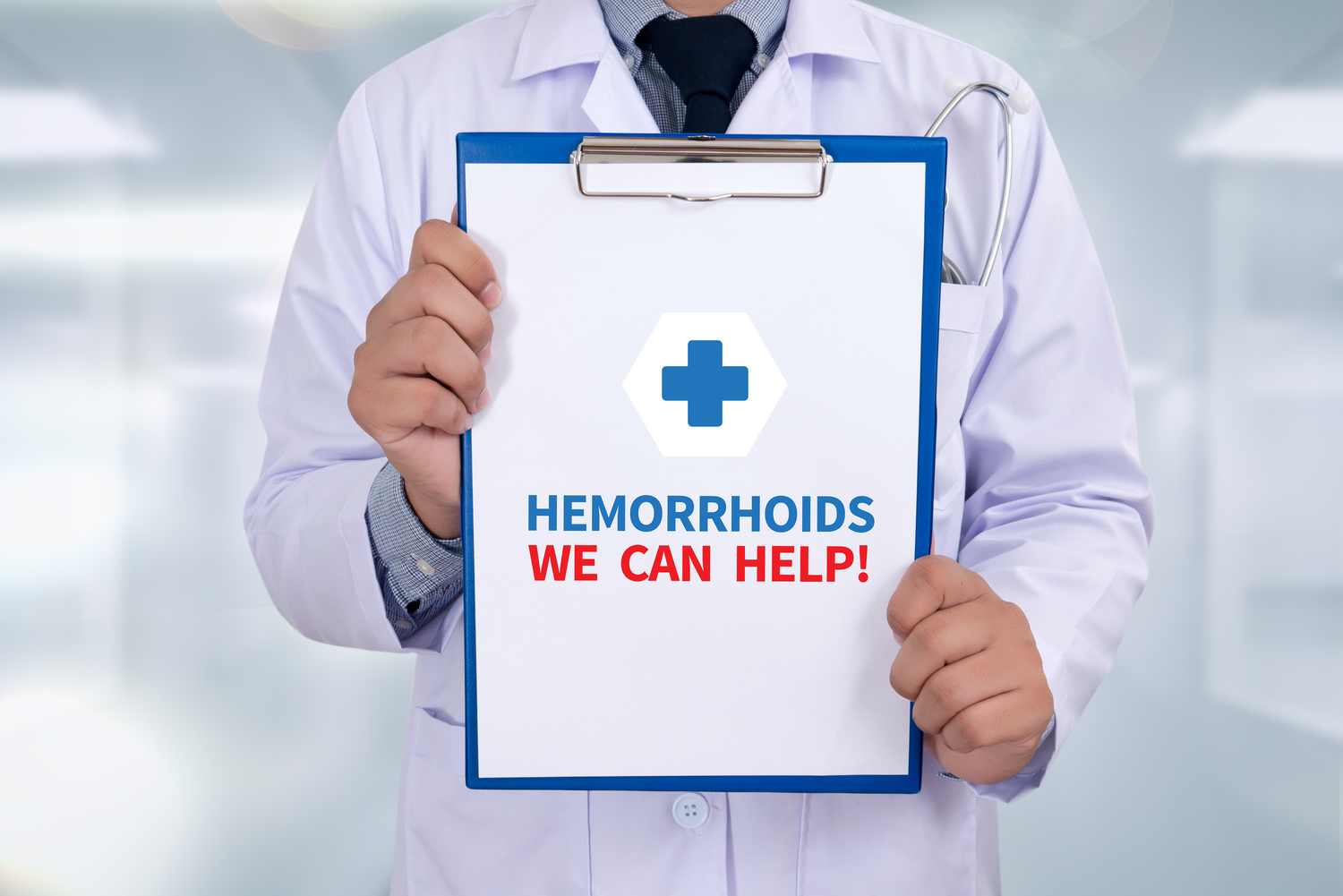
Understanding External Hemorrhoids and How to Relieve Their Symptoms
External hemorrhoids are a common medical condition characterized by swollen veins located beneath the skin around the anus. These enlarged veins are usually caused by increased pressure in the lower rectum and anal region, often due to factors such as straining during bowel movements, chronic constipation, prolonged sitting, or obesity. Recognizing the causes and understanding the symptoms are crucial steps toward effective management and relief. While they are often benign, external hemorrhoids can significantly impact quality of life, leading to discomfort, itching, and sometimes bleeding. Fortunately, various lifestyle modifications, over-the-counter remedies, and, in some cases, medical interventions can offer significant relief. Consulting a healthcare professional is vital for accurate diagnosis and personalized treatment strategies.
Common symptoms associated with external hemorrhoids include:
Persistent itching around the anal area, which can be bothersome and interfere with daily activities.
Pain or throbbing sensation near the anus, especially during or after bowel movements.
The appearance of visible lumps or swelling around the anus, often causing concern or discomfort.
Bleeding during defecation, which may be observed on toilet paper, stools, or in the toilet bowl. This bleeding is typically painless but warrants medical evaluation if persistent.
Effective strategies to alleviate itching and pain caused by external hemorrhoids include:
Immersing in warm sitz baths multiple times throughout the day can significantly soothe inflamed tissues. Ensure the water is warm but not hot to prevent burns.
After bowel movements, taking a warm bath or applying gentle warm compresses can reduce discomfort. Applying a small amount of petroleum jelly inside the anus may facilitate easier passage of stool and prevent irritation.
Applying cold packs or ice wrapped in a cloth around the affected area helps numb pain, reduce swelling, and alleviate inflammation. This method is particularly effective during flare-ups.
Medications and topical treatments for symptom relief include:
Using topical applications such as witch hazel, which has natural astringent properties that can constrict blood vessels and decrease swelling.
Hydrocortisone 1% creams applied externally around the anus can promptly reduce inflammation and itching. However, should not be used continuously for more than a week without medical supervision.
In some cases, healthcare providers may recommend pain relievers like acetaminophen or NSAIDs for significant discomfort.
Dietary and lifestyle modifications play a critical role in managing and speeding up recovery:
Consuming high-fiber foods—including fresh fruits, vegetables, whole grains, and nuts—promotes soft, regular bowel movements, reducing strain during defecation.
Stool softeners or fiber supplements can be helpful in cases where dietary fiber alone does not suffice, but should be used under medical guidance.
Are laxatives advisable? What are the better alternatives?
Generally, the use of laxatives should be avoided unless prescribed by a healthcare professional, as they can sometimes worsen hemorrhoids or irritate the bowel.
Maintaining proper hydration by drinking at least seven to eight glasses of water daily is essential, especially in hot climates or during physical activity.
Minimize processed and sugary foods, and introduce new foods gradually into the diet to prevent digestive discomfort or gas.
It is important to note that while conservative treatments often provide relief, persistent or severe cases might require medical procedures such as rubber band ligation, sclerotherapy, or even surgical removal. However, even in cases where surgery becomes necessary, adhering to a healthy diet and lifestyle can help prevent recurrence and facilitate recovery.
